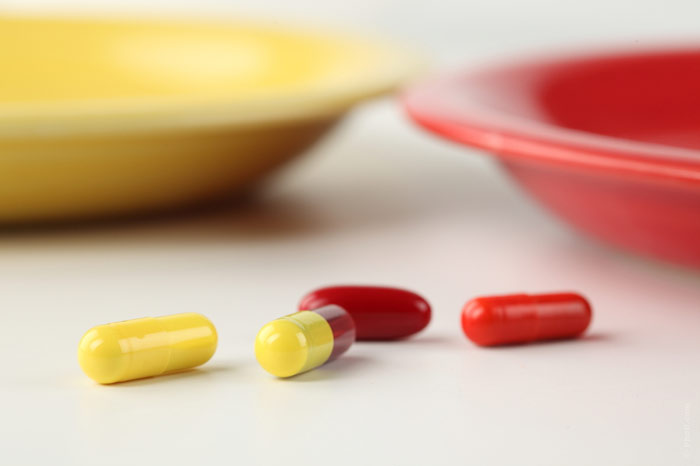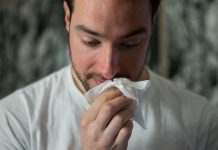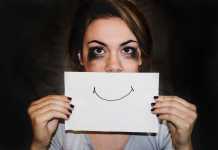More than two-thirds of the patients who are taking anti-depressants, in fact, may not suffer from depression. Doctors have found that many of these people do not meet official diagnostic criteria for depression.

US researchers found that most patients taking antidepressants may not have depression in reality. 69% of the people, who regularly consume powerful drugs from the group of selective serotonin reuptake inhibitors, have no symptoms which clearly show a significant depressive disorder, also known as clinical depression.
The analysis showed that many people are prescribed antidepressants to treat other psychiatric disorders. However, 38% of the people taking medications for obsessive-compulsive disorder, panic disorder, social phobia or anxiety disorders also do not meet the clinical criteria for prescribing these medications.
American scientists have monitored the technique of selective serotonin reuptake inhibitors (SSRI), which are the most common drugs from the group of antidepressants. In clinical practice, SSRI constitute the first line of defense against depression and other psychiatric disorders because these drugs generally have minimal side effects.
Commenting on the findings, Dr. Howard Forman of Montefiore Medical Center said that clinical depression must be differentiated from temporary periods of melancholy. We are all faced with stress, moments of sadness, and self-doubt. It does not make us mentally ill; it is part of human nature.
Clinical depression needs to be diagnosed in case of the presence of 5 or more classic symptoms of depression during the two-week period and for most of the day. These symptoms include depressed mood, loss of interest or pleasure in daily activities, weight loss or gain, changes in appetite, insomnia or excessive sleepiness.
Other symptoms include: slow behavior or excessive mobility, fatigue or loss of energy, a sense of worthlessness or excessive guilt, difficulty in making decisions or problems with concentration, and thoughts of death or suicide.










